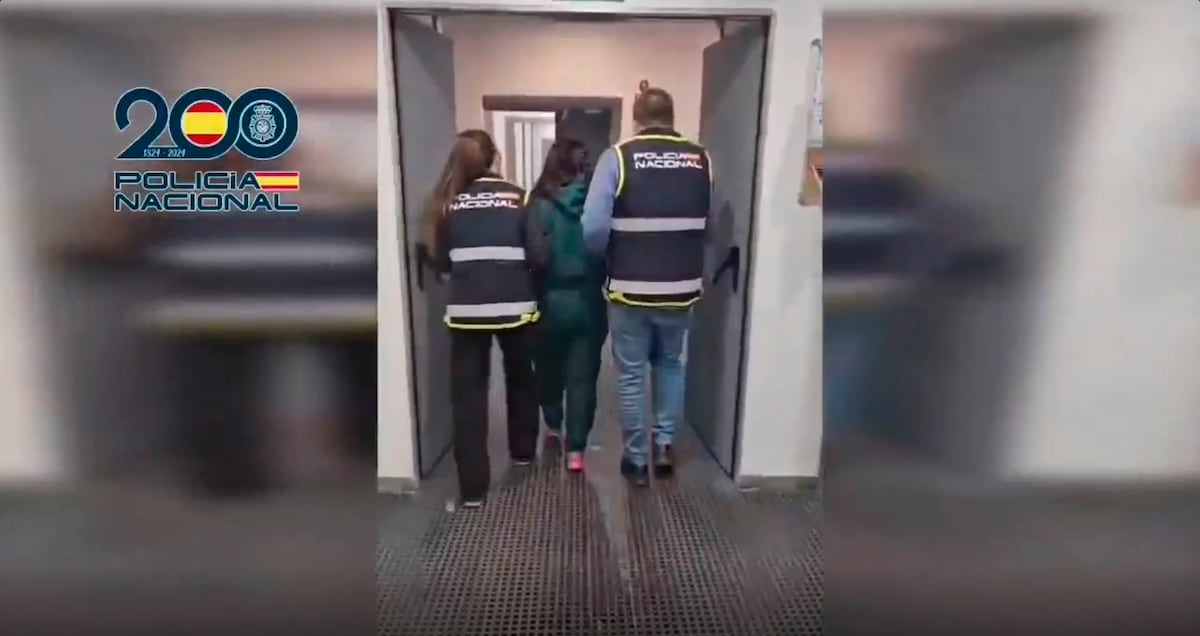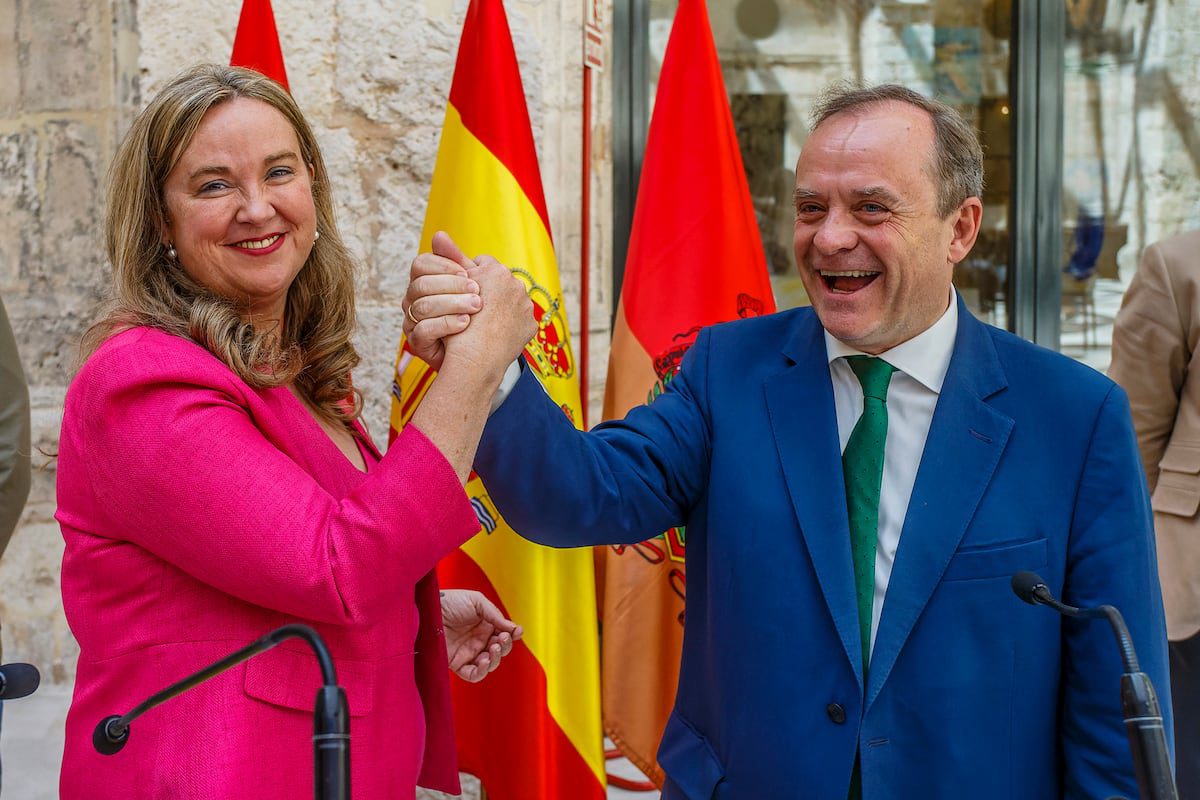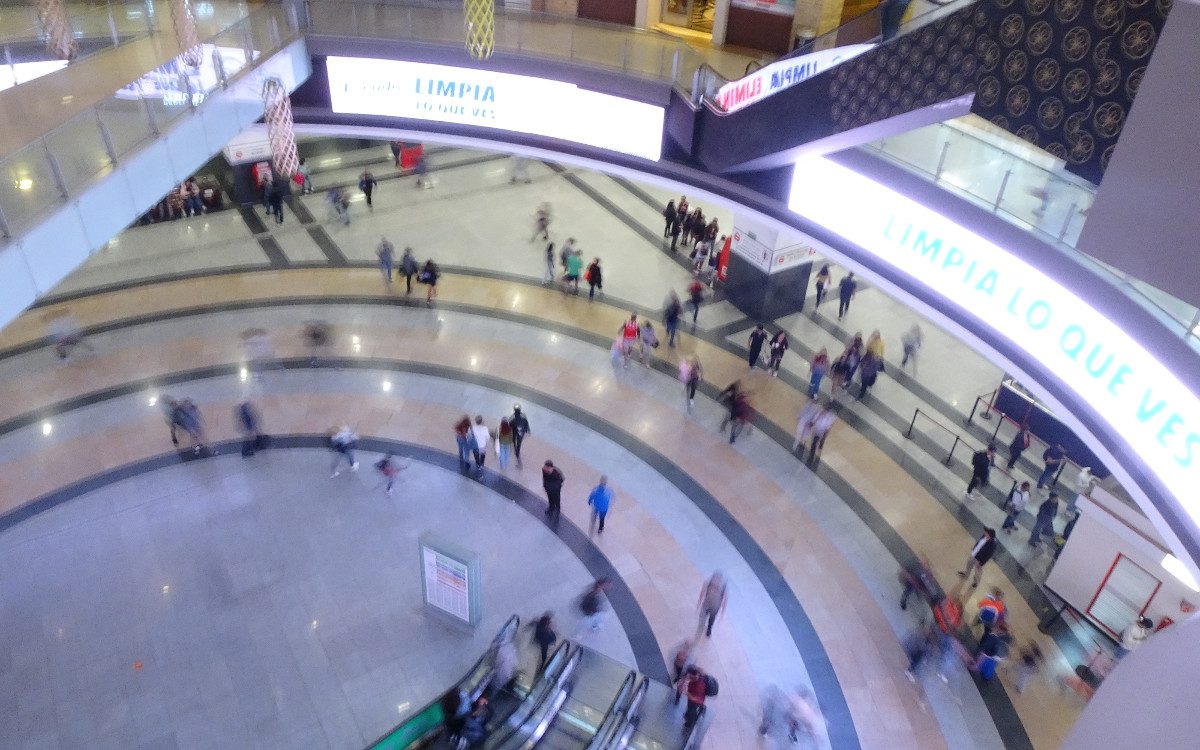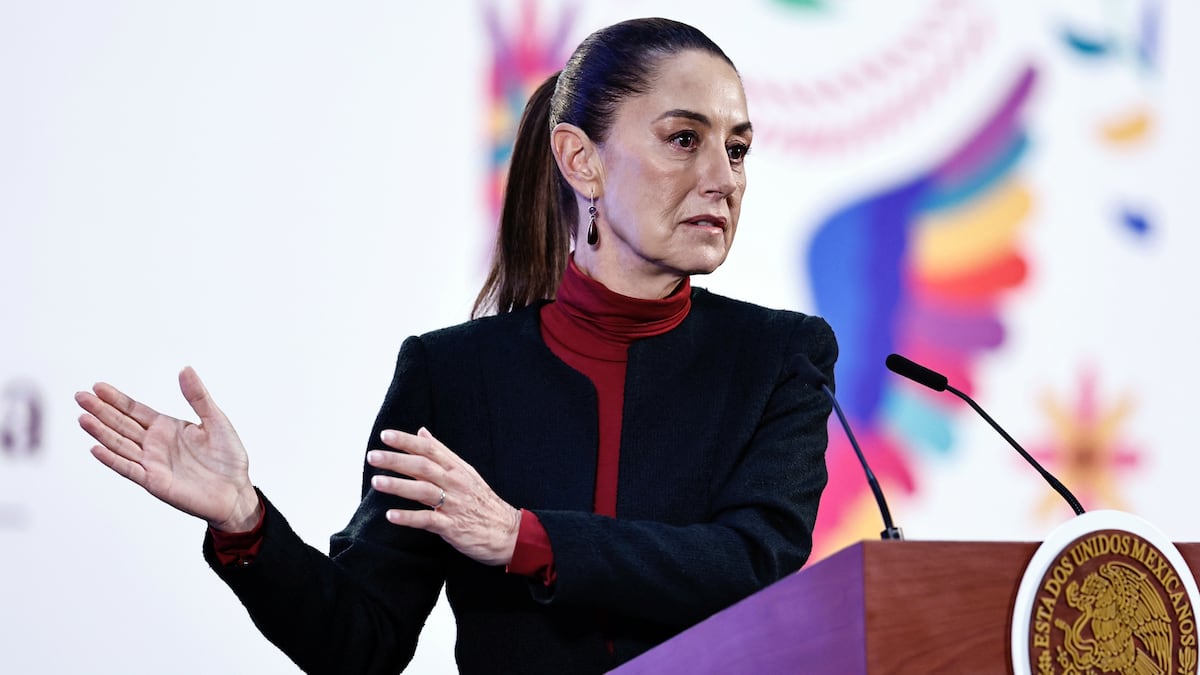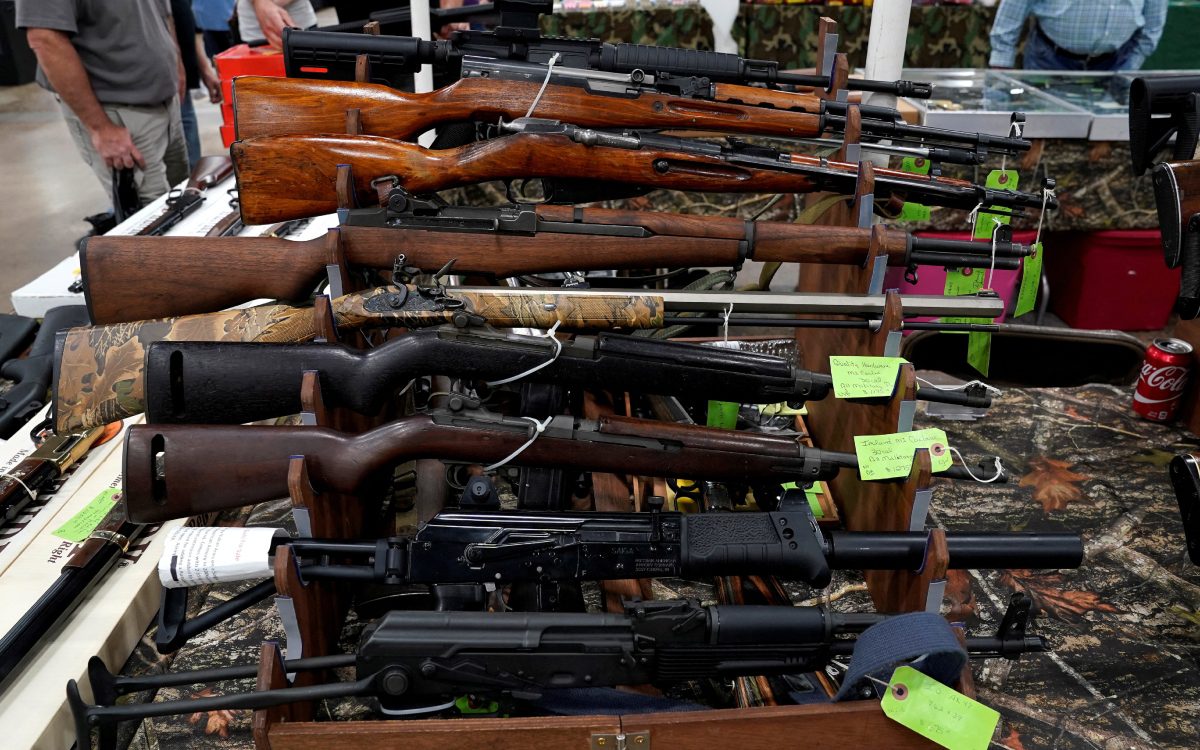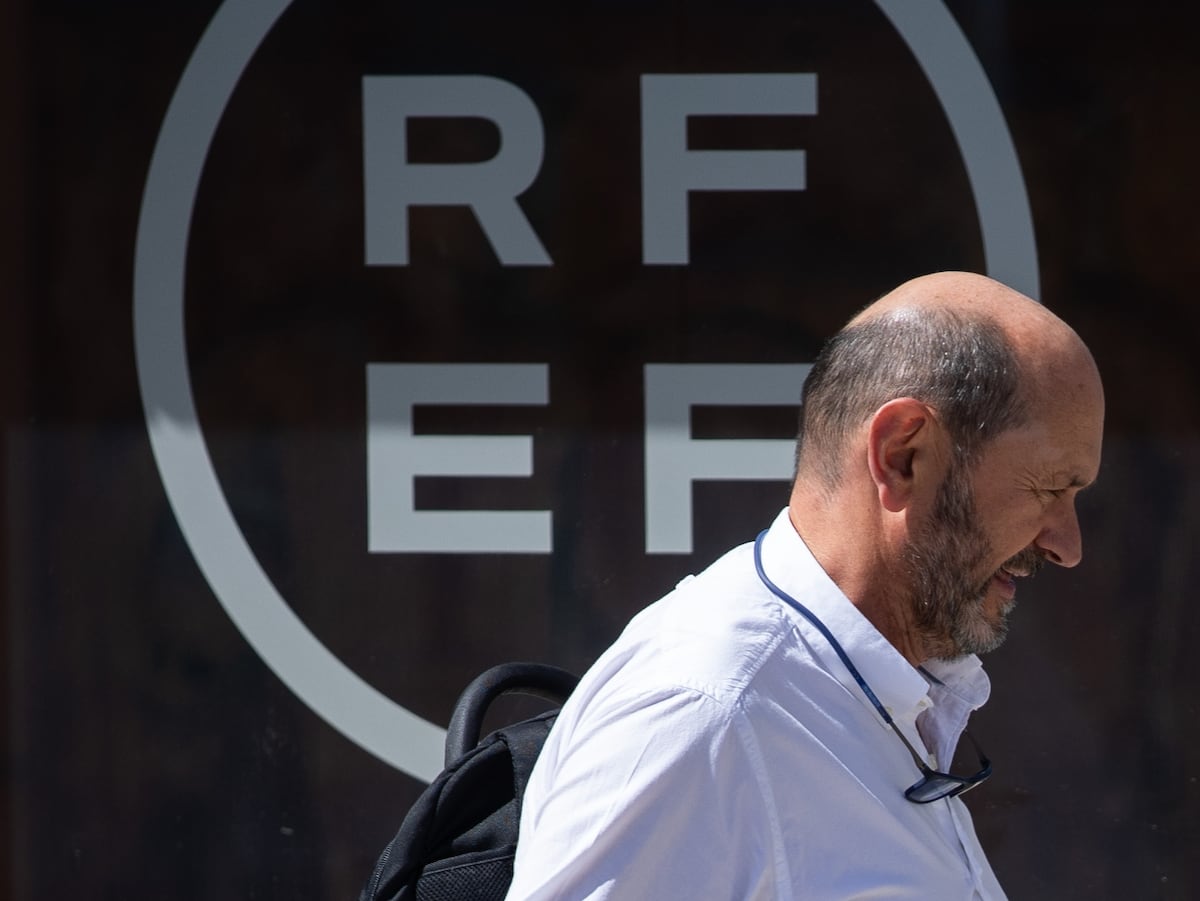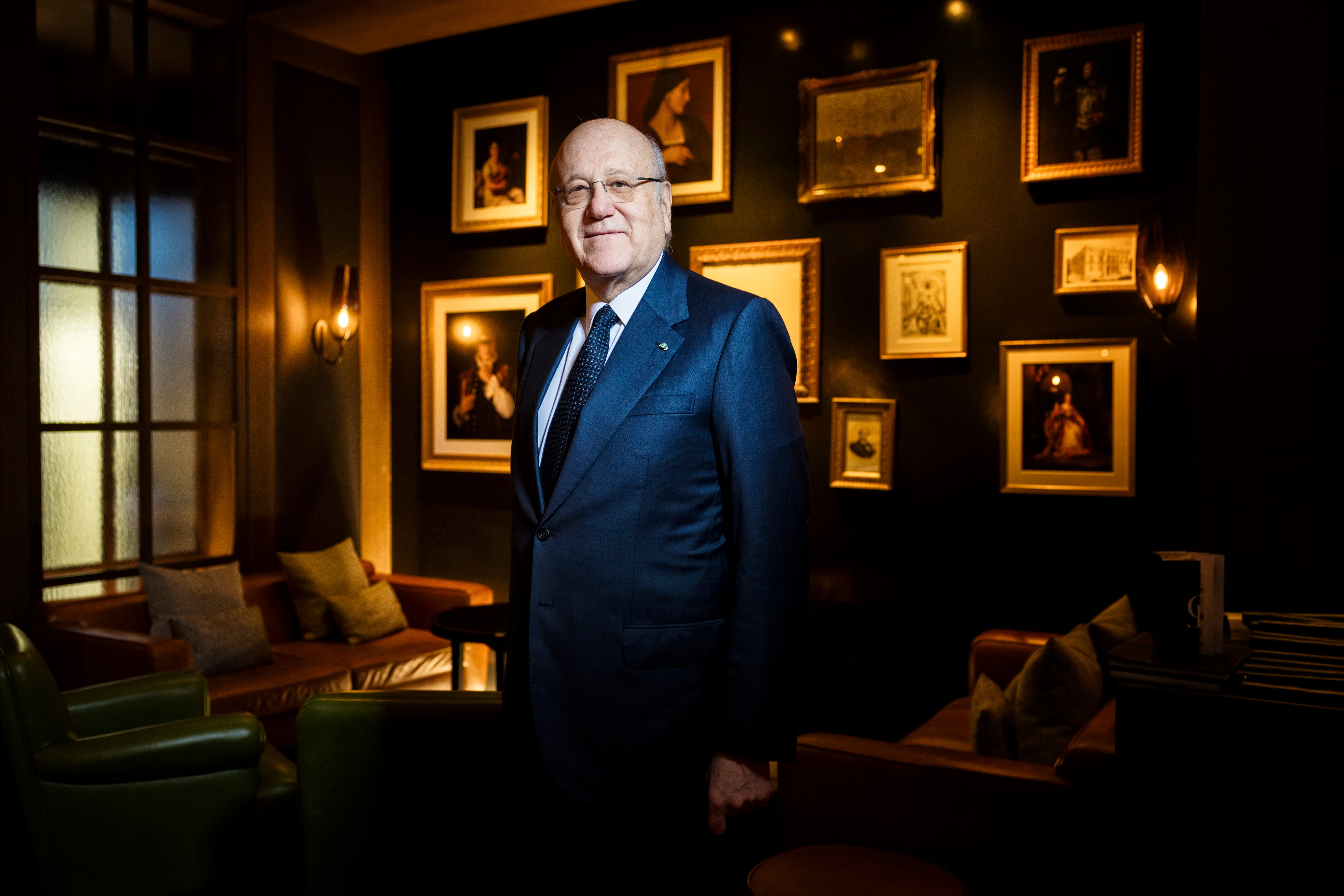
Lebanese Prime Minister Najib Mikati arrives in Spain at a particularly sensitive moment for the Middle East. The ceasefire brokered between Israel and the Shiite militia Hezbollah in his country was followed just days later by the fall of Bashar al-Assad in Syria. As the regional puzzle pieces are being reshuffled to create a new, still-elusive order, the situation in Lebanon remains extremely complicated. Mikati, 69, has been labeled an interim leader for more than two years, governing alone due to the parties’ failure to agree on a president. This institutional vacuum, combined with Israel’s ongoing war with Hezbollah, has exacerbated an economic crisis that, by 2022, had already pushed 80% of the population into poverty.Mikati is, according to Forbes, the richest man in Lebanon. In the country’s fragile state, this moderate Sunni politician — a position traditionally reserved for his community under Lebanon’s power-sharing system — chose to avoid controversy during his interview with EL PAÍS on Wednesday. He refrained from commenting on either the actions of the Israeli government or the implications of the fall of Assad’s regime. However, he emphasized that his priority remains Lebanon’s stability and security.Question. Lebanon has condemned Israel’s continued violations of the ceasefire agreement. How do you assess the situation?Answer. My government condemns the Israeli occupation of Lebanese territories, as well as the continued violations of the ceasefire — more than 100 — since we reached the agreement to implement Resolution 1701 [of the United Nations, which calls for Israel and Hezbollah to withdrawal troops and weapons from southern Lebanon]. We are now awaiting the proper implementation of the ceasefire, as the technical committee chaired by the United States and France, together with the Lebanese Armed Forces, the U.N. and the Israeli army, has begun the monitoring process. The first meeting of this committee, convened by the United States, took place on Monday. This will give us assurance that there will be no further violations of the agreement.Q. Is Israel withdrawing from southern Lebanon?A. Israel has 60 days to fully withdraw from the territories it has occupied in Lebanon. That withdrawal began today [Wednesday] and our army is prepared to take over that area.Q. And Hezbollah?A. The government of Lebanon has supported the ceasefire agreement, called for the full implementation of Resolution 1701 and given our armed forces full authority to implement that resolution.Lebanese Prime Minister Najib Mikati during a conversation with this newspaper in Madrid.Claudio ÁlvarezQ. Are you worried that Donald Trump’s return to the White House will give the Israeli government carte blanche?A. President Trump is a pragmatic man. We hope that he will succeed in imposing a solution to the Palestinian issue on the countries of the region. The Abraham Accords [which saw Israel normalize relations with the United Arab Emirates, Bahrain and Morocco] are an example. The accords cannot succeed without a fair, equitable and sustainable solution to the Palestinian conflict. It is time for this to happen. We need someone like president Trump to make this happen.Q. Has your government been in contact with the future Trump administration?A. We are in contact with [Massad] Boulos and the entire [Trump] team. Trump is committed to the situation, which is why he appointed Mr. Boulos as envoy to the Arab and Islamic world, which is very important because he knows the region very well and has lived in Lebanon. We trust that he will promote long-term stability in the country. I am sure that Trump will try to impose a solution to the Palestinian problem. He has already shown in his first term that he seeks peace in the region and throughout the world. This is what he has said he will do in Ukraine, Russia and Palestine.Q. From the Hamas attacks on Israel on October 7 last year to the overthrow of the Syrian regime this month, the Middle East is experiencing significant geopolitical shifts. How may this affect Lebanon?A. It is premature to make any judgment. As you said, it all started with the war in Gaza, then Lebanon and Hezbollah, and today it is Syria. For us, our priority is to protect and provide security for Lebanon, as well as safeguard our national interests, avoiding internal divisions and political struggles.Q. What is Israeli Prime Minister Benjamin Netanyahu seeking in this new context?A. This question should be put to Netanyahu himself. The two-state solution remains [a path forward]. Without a resolution that allows the Palestinian people to live in freedom and independence, this situation will continue to repeat itself periodically. A conference will be held in June, attended by Saudi Arabia and all influential countries in the region, as well as regional and international organizations and the EU. I am optimistic about the possibility of reaching a solution. As the Saudis say, such a solution will prevail, regardless of who agrees and who does not. Israel should recognize that if it wants to live in peace with its neighbors, it must create a peaceful environment.Q. What requirements do your country set for achieving lasting peace?A. We must give everything necessary to the Lebanese army to do its job. In the Council of Ministers, we have given our full support to a plan to support the army [in its deployment] in the south. In the last four or five years, we have gone through four different crises in my country and the current resources of the army are very limited. So we are also calling on the international community to commit to supporting our armed forces.Q. “Ma fi dawla.” This phrase — which can be translated as “There is no state” — sums up the Lebanese people’s distrust of the political class. How does your government plan to combat this perception?A. We are trying to elect a new president to form a government in which all parties are represented and thus initiate the necessary reforms. This is very important. We have been through very difficult times in the last five years. First, the coronavirus pandemic and the worst economic crisis ever experienced by a country; and then the war. Despite everything, we still have a public administration. We are making progress. But it is not enough. We have to make reforms and put the country on the right path.Q. But what specific measures is your government considering?A. I am asking the people to understand that we have no choice but to seek the unity of the country. If we have a united Lebanon, we can save the country. Lebanon must be able to protect itself. We have different religious communities. It is a privilege. And the way to save the country is to balance these different communities.Q. Over the past two years, differences between Hezbollah and the other parties have prevented a president from being elected. Has Hezbollah’s position changed?A. For us, the most important thing is the stability of Lebanon, which requires a new president, something we have not had in the last 24 months. We hope that he will be elected in the session of January 9. The speaker of the parliament said that he would not leave his office until he achieves this. This is an important sign. I am optimistic.Q. What does the Lebanese army need to ensure that it can fulfil its mission?A. We have very few resources, but Western countries have promised us help. The army needs about $1 billion for the next three years. Although the Paris conference focused on humanitarian aid, $200 million was pledged for the Lebanese armed forces. There will be another conference to obtain more support.Q. What is the refugee situation in Lebanon?A. The situation is changing. We had 1.2 million internally displaced people, but about 94% have returned or are trying to return to their homes. This is very important. We also have 1.5 million Syrians in our country, who felt in danger with Assad in power. They feared being hurt or imprisoned if they returned home. But the regime has fallen, and they can return to Syria.Q. You advocate for a national consensus that would address the disarmament of Hezbollah and make the Lebanese army the sole military authority. Do you have any indication that the Shiite militia-party will accept such a process?A. It is not a question of Hezbollah becoming a classic political party, because it is already a very influential party in Lebanon. We are moving forward step by step. The most important thing now is to fully implement Resolution 1701 and then address the situation throughout the country. I am sure that Hezbollah wants the country to be stable.Q. How do you expect the fall of Assad to impact Lebanon? Is your government in contact with the new Syrian authorities?A. We have not yet made contact with them, but I intend to congratulate the new prime minister. But I repeat, my priority is Lebanon.Sign up for our weekly newsletter to get more English-language news coverage from EL PAÍS USA Edition
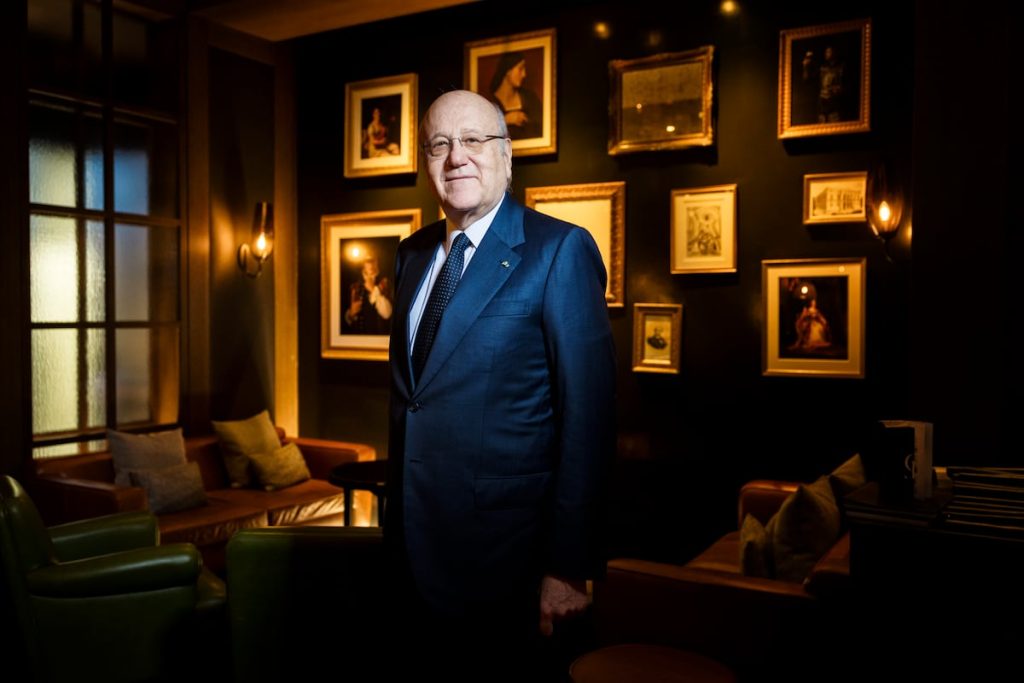
Najib Mikati, prime minister of Lebanon: ‘Trump is a pragmatic man. I hope he will impose a solution for Palestine’ | International
Tiempo de Lectura: 6 Minutos
What’s your Reaction?
0%
Love
0%
Smile
0%
Haha
0%
Sad
0%
Star
0%
Weary
Shares:


